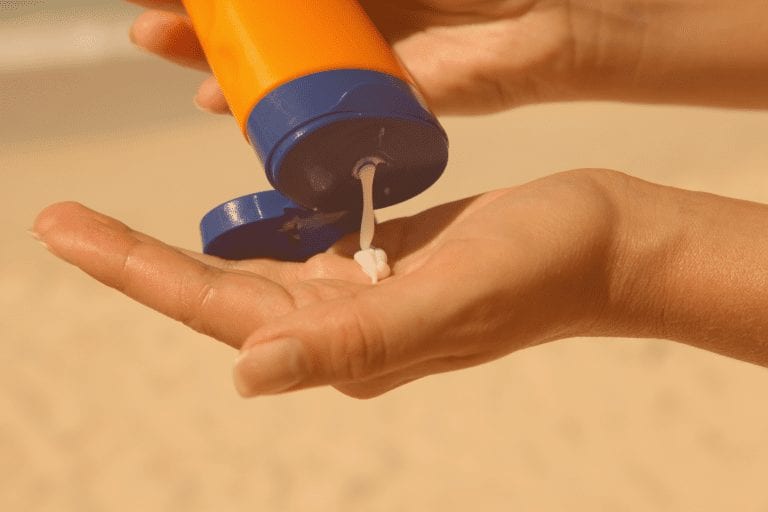5 Summer Health Hazards
July 14, 2017

You’re probably outdoors and on the move during the long, sunny days of summer. Make sure you play and work safely by being aware of the five seasonal care and summer hazards we outline below. Awareness of summer hazards can help you side-step potential injuries and discomfort in order to avoid urgent care or emergency room treatment… and focus on the fun! A few things to keep in mind:
Summer Health Hazards
Mower Accidents – Not surprisingly, there are more mower injuries during warmer months than colder months. As people mow more frequently, there’s a greater chance of injury from rocks and sticks being flung out of mowers. Also, while working on a mower or trying to unclog it, there’s a risk of injury to hands or fingers. Those scary whirling blades can cause fractures and lacerations, as well as contaminate the wound by embedding dirt and grass in it. Always wear goggles, gloves and close-toed shoes to prevent mower injuries, and have a professional service the mower when needed. Seek immediate medical attention for serious injuries.
Boating Accidents – Alcohol and boating don’t mix. During summer months, ER physicians see an increase in boating accidents — these may include getting hit by propellers, falling out of a boat and even drowning. Many of these incidents are alcohol-related and could therefore be avoided by boating alcohol-free. Additionally, kids should always wear a life jacket for optimal protection — if someone goes overboard, it’s an important safety measure even if the child knows basic swimming techniques.
Dehydration – Hydrate before you’re thirsty. Parents sweat a lot when chasing the kids around during the hot days of summer, and kids are often too distracted to drink enough water. The first signs of dehydration are feelings of dizziness and lightheadedness, as well as experiencing a sensation like cotton in the mouth. Be proactive about drinking water and other fluids, and restrict vigorous activities to the cooler parts of the day to help prevent dehydration or heatstroke.
Sunburn – Apply and reapply that sunscreen. Did you know that individuals who have just five or more sunburns in their life double their risk for melanoma? Avoid first and second-degree thermal burns by applying plenty of sunscreen (not just a smidge) at regular intervals, wearing wide-brimmed hats, and even light, breathable long-sleeved shirts. Also, try to avoid the sun during midday, when the beams are the strongest.
Food poisoning – Enjoy a summer picnic without an upset stomach (or even worse, frequent visits to the cover of bushes or portable restrooms). Hot temperatures allow bacteria to develop faster in food with no refrigeration. Foods or food products with dairy, eggs, mayonnaise or meat can become hosts to the types of bacteria that can lead to food poisoning. Be sure to pack these foods in insulated coolers, and keep the foods you will eat last at the bottom of the cooler. Mild cases of food poisoning can be treated at home, but seek urgent care when symptoms persist for over 24 hours in children or for more than a few days in teens and adults.
Note: Mild symptoms of dehydration and sunburn can also be addressed at home. Schedule an appointment with a healthcare professional to address severe symptoms or receive urgent care for serious injuries.
Stay Healthy This Summer
Summer is a great time to get outdoors and hang out with friends and family. Be a beach bum, or take the boat out for a spin or swim. However, be aware of the potential seasonal injuries and illness to make sure you’re safe and healthy during outdoor summer activities.
